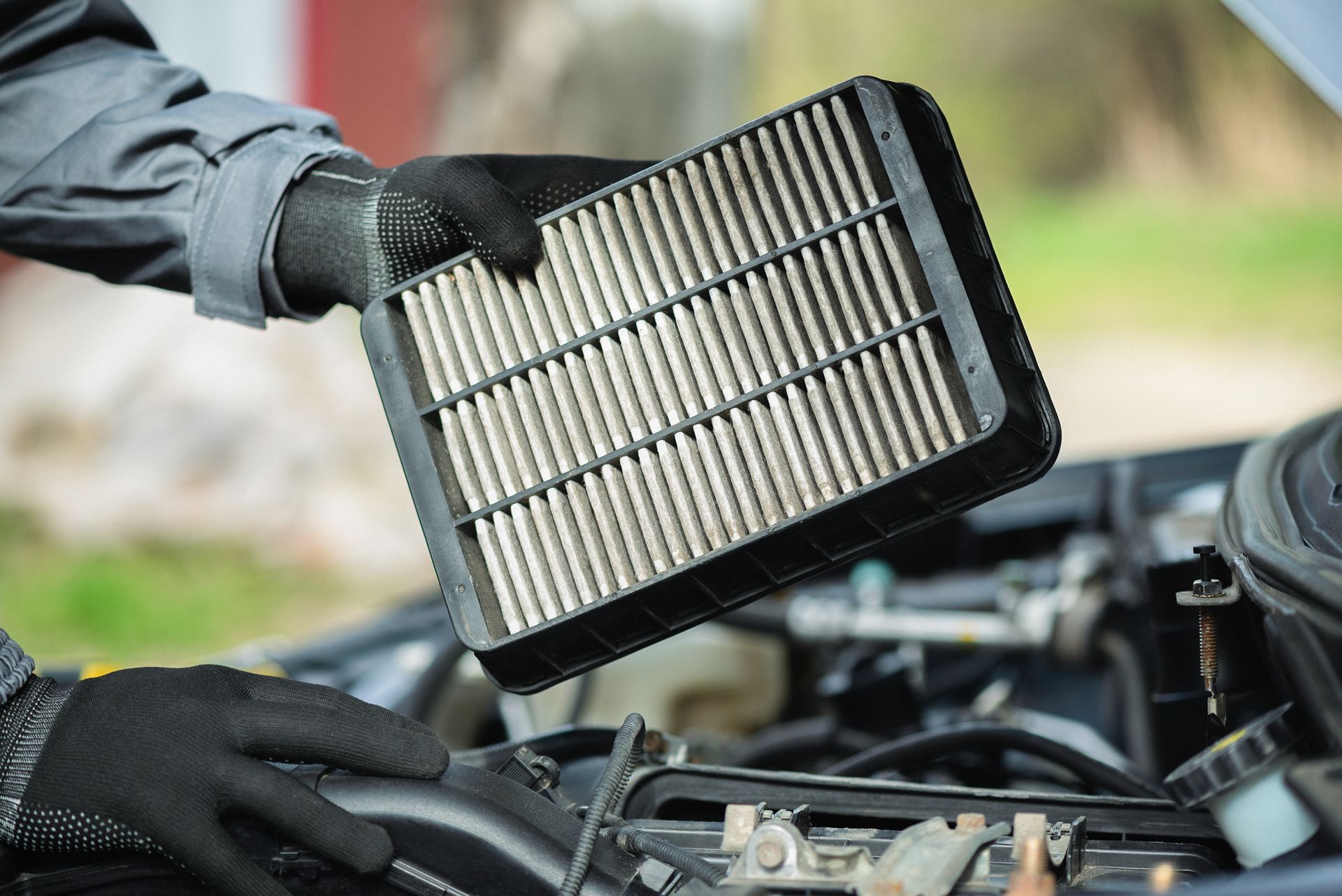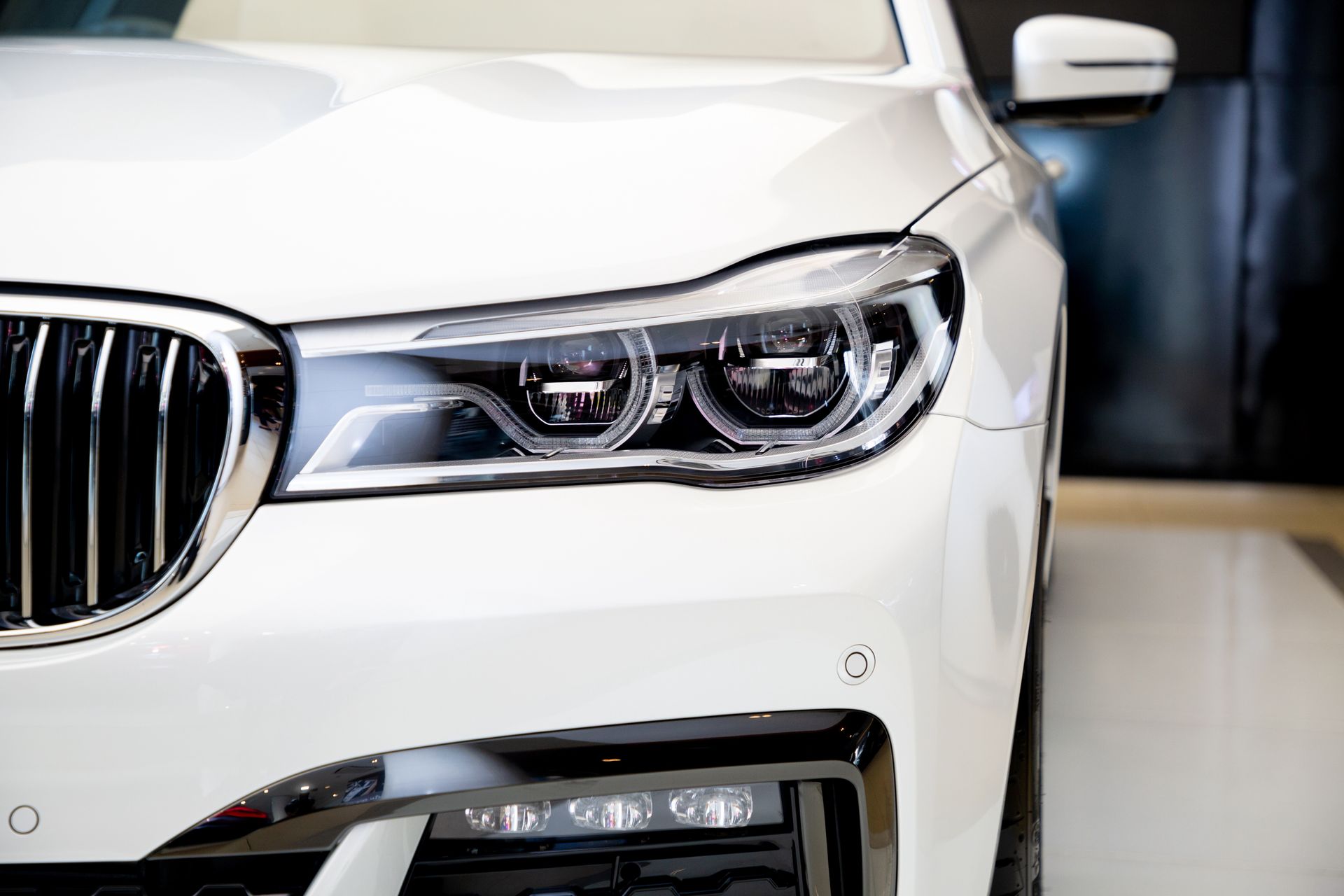Loading ...
Missing business hours data / Error occurred while getting the data.
Loading ...
Missing business hours data / Error occurred while getting the data.
Loading ...
Missing business hours data / Error occurred while getting the data.
Loading ...
Missing business hours data / Error occurred while getting the data.
Conquering the Concrete Jungle: Your Guide to Safe Wet Winter Driving in Los Angeles
December 20, 2023
Conquering the Concrete Jungle: Your Guide to Safe Wet Winter Driving in Los Angeles
Los Angeles may be known for its sunshine and palm trees, but when the winter rains roll in, the City of Angels transforms into a different beast. Slick roads, sudden downpours, and unpredictable traffic can turn a routine commute into a white-knuckle adventure. But fear not, Angelenos!
At The HAUS, we’ve seen it all when it comes to bad weather bang ups. With the right preparation and a few essential tips, you can navigate the wet streets with confidence and avoid becoming a statistic in the winter driving blues.
Prepping Your Ride for the Rainy Season
Before the first raindrop hits the windshield, make sure your trusty steed is ready to tackle the elements:
- Tire Tread: Don’t wait until the roads are slick to check your tires. Ensure they have sufficient tread depth (at least 4/32″ for optimal performance). Worn tires lose traction in wet conditions, increasing the risk of hydroplaning. Consider investing in all-weather or dedicated winter tires for maximum grip.
- Wiper Blades: Replace worn-out wiper blades to ensure clear visibility in heavy rain. Opt for silicone or beam-style blades for better performance and durability.
- Headlights and Taillights: Check that all your lights are functioning properly, including brake lights, turn signals, and fog lights. Visibility is crucial in wet conditions, and dimmed or malfunctioning lights can be a safety hazard.
- Emergency Kit: Be prepared for the unexpected with a well-stocked emergency kit. Include essentials like a first-aid kit, jumper cables, a flashlight, non-perishable food, water, and a blanket.
Mastering the Art of Wet-Weather Driving
Now that your car is ready, it’s time to focus on your driving skills:
- Slow Down: This is the golden rule of wet-weather driving. Posted speed limits are for optimal conditions; reduce your speed significantly in the rain, allowing for increased stopping distance and better control.
- Increase Following Distance: Maintain a safe distance from the car ahead, at least double the normal distance in heavy rain. Sudden stops or unexpected maneuvers by other vehicles can easily lead to collisions on wet roads.
- Avoid Sudden Braking and Acceleration: These abrupt movements can cause your tires to lose traction and send you into a skid. Apply brakes gently and smoothly, and accelerate gradually to avoid wheel spin.
- Use Cruise Control with Caution: While tempting, cruise control can be risky in wet conditions. The constant speed can lead to hydroplaning if you encounter sudden patches of standing water.
- Beware of Hydroplaning: This is when your tires lose contact with the road surface due to a layer of water. If you feel your car hydroplane, stay calm, release the accelerator (do not brake!), and steer gently in the direction you want to go until you regain traction.
- Turn Off Distractions: Put your phone away and avoid distractions like loud music or eating while driving. Focus all your attention on the road and the changing conditions.
- Be Mindful of Road Conditions: Watch out for flooded areas, debris, and potholes that can become hidden under water. Avoid driving through standing water unless absolutely necessary.
- Use Fog Lights in Low Visibility: Fog lights can improve your visibility in heavy rain, fog, or mist. However, remember to turn them off when visibility improves to avoid blinding oncoming drivers.
Additional Tips for Navigating Rainy L.A.
- Plan Your Route: Check traffic reports before heading out and choose routes less prone to flooding or congestion.
- Leave Early: Allow extra time for your commute, especially during peak hours, as wet weather can significantly impact traffic flow.
- Be Patient: Remember, everyone is adjusting to the wet conditions. Be courteous and patient with other drivers, and avoid aggressive maneuvers.
- Stay Alert: Driving in the rain can be tiring. Take breaks if needed to avoid fatigue and maintain your focus.
Bonus Resources:
California Highway Patrol (CHP) website: Get real-time traffic updates, road closures, and weather advisories.
National Weather Service (NWS): Stay informed about the latest weather forecasts and warnings.
AAA: Offers roadside assistance and resources for safe driving.
By following these tips and staying vigilant, you can conquer the wet winter roads of Los Angeles and keep yourself and others safe. Remember, driving is a shared responsibility, and your actions on the road can impact everyone around you. So, take a deep breath, put your best driving foot forward, and embrace the unique challenges of navigating everywhere from Venice to the Valley in the rain.
Happy and Safe Driving from The HAUS!
Loading ...
Missing business hours data / Error occurred while getting the data.
Loading ...
Missing business hours data / Error occurred while getting the data.
Having trouble finding us?
Loading ...
Missing nap lines data / Error occured while getting the data.






